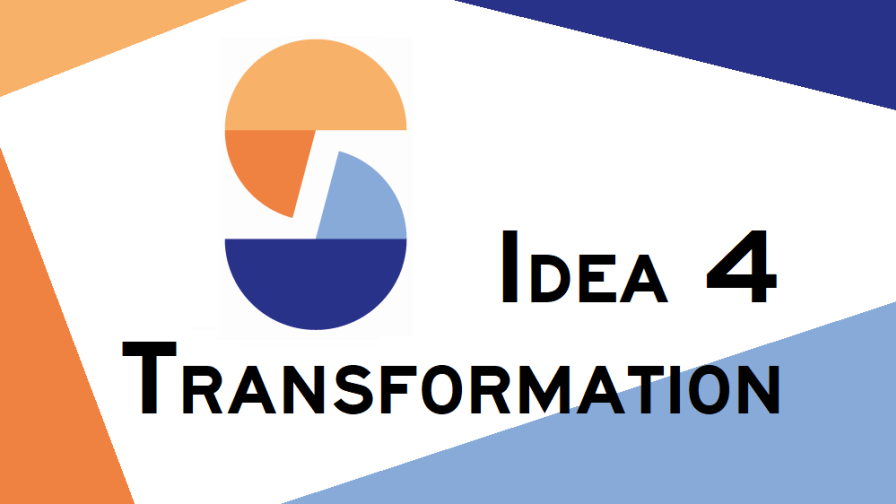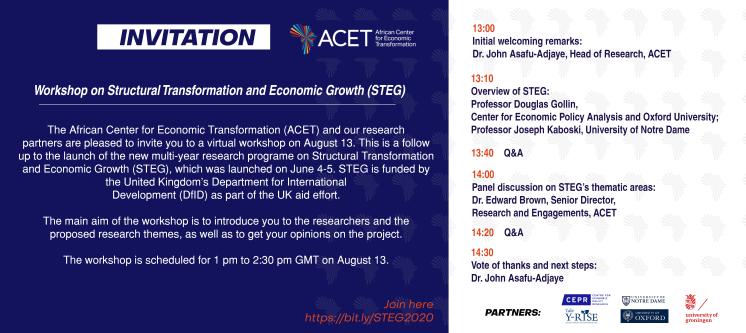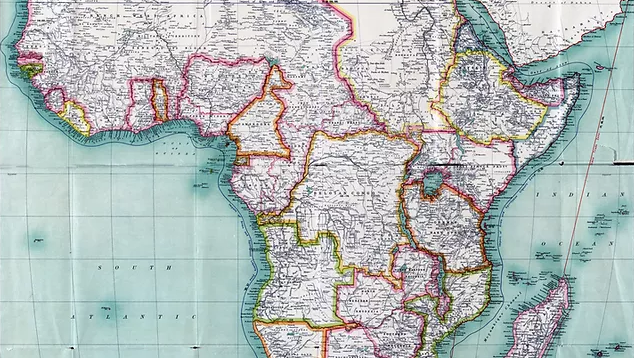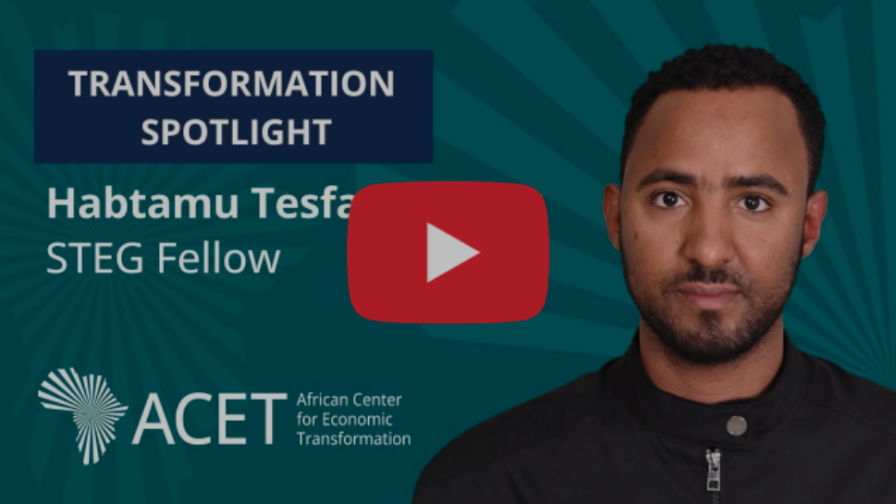STEG invites applications to the fourth call for proposals for Ideas for Transformation (I4Ts).
I4Ts are brief and largely non-technical essays (about 15 pages, double-spaced) utilising country-specific expertise to identify a specific policy distortion, market failure, or other similar opportunity to promote inclusive growth and development in a particular country or context. The idea would be to identify potential case studies that warrant further research. These might be specific and well-documented examples of a market failure or a policy problem – but ideally the cases should have broad relevance. For instance, an example of a local problem or issue will be more compelling if it can be taken as ‘typical’ of some broader set of cases. Successful applicants to the I4T call will receive funding of £1,000.
This round, we will be holding an open Q&A session on Friday, 1 July at 13:00 BST (GMT+1) with STEG’s Academic Leaders, Doug Gollin and Joe Kaboski. This provides prospective applicants the opportunity to find out more about the I4T initiative and to clarify what STEG is looking for from applicants. If you are interested in attending this open session, please let the STEG Team know at [email protected].
We are interested in I4T studies that address each of the following:
- Use of simple methods (suggestive empirics or narratives) to demonstrate the existence, relevance, and importance of a policy issue involving structural transformation.
- Suggest interesting candidate issues for high-level economic analysis or modelling using the tools of macro development. We hope for these essays to inspire further research (possibly collaborative, linking the authors of I4T submissions with other researchers or teams) that further evaluates the significance of the problem or opportunity that could assist in building the case for the proposed policy response.
- Propose policies that have a measure of specificity (e.g. not merely “trade liberalisation” or “improved education”), although sizable enough to have importance to structural transformation (e.g., not small-scale bureaucratic changes). While the suggested policy need not be at a large scale, the proposal should explain how the proposed topic might be contribute to effects at the macro level. For instance, an essay might describe and quantify the impact of poor transport connections on a particular rural area of an African country. Perhaps transport problems lead farmers to produce low-value non-perishable crops rather than higher value crops that are highly perishable. This might be a problem that affects other rural areas, and so this is an example of a case study that might be interesting to understand in detail.
By contrast, we are less interested in case studies that show positive effects from an intervention that benefits specific recipients but might have a zero-sum (or near-zero-sum) aggregate impact. Thus, a training programme that benefits some entrepreneurs might not make a good I4T case study, unless it appears to be operating at a sufficient scale to change the overall productivity of an entire sector.
Case studies may relate to one or more of our research themes, however, we also welcome and encourage proposals that focus on other areas of structural transformation and economic growth in low-income countries. Policies that positively address our cross-cutting issues of gender, climate change and the environment, or inequality and inclusion are of particular interest.
Examples of our I4T projects to date can be found under on the STEG website here. More information on how to apply, eligibility and timeline, and country and policy relevance can be found on our I4T funding page.
Deadline
23:59 BST, Monday, 25 July 2022. Applications received after this time will be considered for the next I4T round.
Applicants are asked to submit their proposals, using the template available at the bottom of the I4T funding page, and CV(s) in English to the STEG team at [email protected]. Applicants should use the following reference in the email subject: 'I4T Application_full name'.
If you have any questions, please contact the STEG Team at [email protected].










































